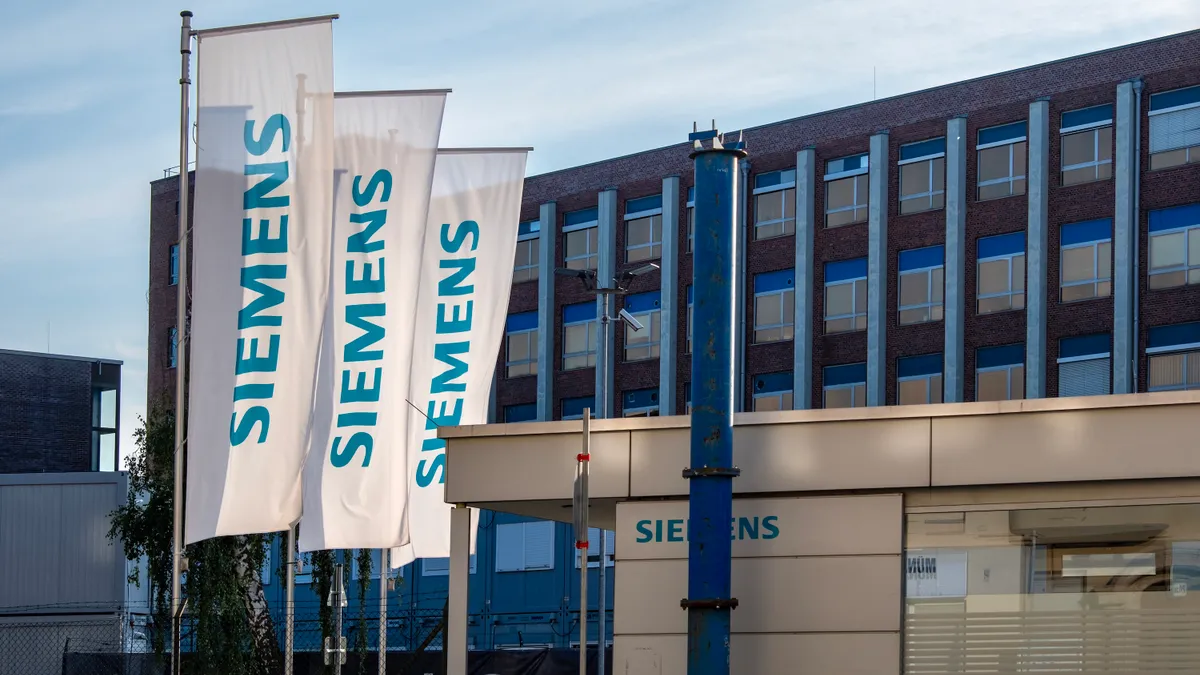If there was a time for IT leaders to brush up on change management, it's now. Analysts predict next year will kick off an era of swift evolution for the technology industry.
Last month, Gartner predicted the increasing complexities of digital transformation, the expansion of government oversight over artificial intelligence and the rise of a tech-augmented workforce in the not-so-distant future.
Now, in its 2020 predictions for software development, released Monday, Forrester describes developers becoming more closely aligned with business, as they adopt service mesh technologies to build products and make artificial intelligence testing a standard part of their workflow.
In its report, Forrester projects more consolidation in cloud computing, driven by the adoption of Kubernetes, as well as an increased adoption of low-code technologies with Microsoft at the forefront.
Here are five predictions Forrester analysts say will keep the software industry on its toes in 2020 and beyond:
1. Service mesh: Springboard for high value functions
Service mesh is a dedicated infrastructure layer that handles communication between applications. Proponents say it enhances reliability and eases multicloud deployment. Detractors say it introduces latency and increases complexity.
Though early in its adoption trajectory, analysts expect the number of real-world applications for service mesh technology to rise, said Chris Mines, SVP and research director at Forrester, in an interview with CIO Dive.
"We will see some deployments going forward outside of the vendors, university and research environments in 2020," said Mines. "In 2020, we'll see some enterprise traction."
Expect service mesh offerings to act as a base that can enable higher-value functions within organizations; data governance, compliance management, and user-centric microservice authorization, for example.
2. A 'dev diaspora' will move more developers closer to line of business
From the CIO to the chief data officer, tech leaders are already finding themselves more closely aligned to business goals. It's only natural developers undergo a shift of their own.
Developers will continue to move outside the IT side of the house, and more into line of business organizations, according to Forrester. Whether it's marketing, operations, sales or manufacturing, a "dev diaspora" is expected to continue taking tech out of the back office.
After all, software is just "too important to be left just up to the IT org," especially as leading technology becomes necessary to more parts of the business.
"The business stakeholders outside the IT organization feel the increasing need to ramp up their own software capabilities and not rely on IT or outsourcing," Mines said.
Volkswagen is one company that's boosting its internal capabilities. In June, the German automaker said it would spend $8 billion to create an internal tech unit aimed at making 60% of its in-car software development in-house by 2025. At the time of the announcement, that number was at less than 10%, the company said.
3. The cloud market will consolidate further, with help from Kubernetes
Much like what's happening in the AI market, Forrester sees the cloud vendor landscape continuing to consolidate. The firm goes as far as to draw a line in the sand.
As leaders select Kubernetes-based cloud platforms, they will select one or more of five cloud vendors: Amazon, Google, IBM (plus RedHat), Microsoft, and VMware (plus Pivotal).
"Conversely, several big enterprise vendors will not make the cut for these platform selections: Oracle, SAP, Salesforce, nor Alibaba," according to the report.
The market has been at a hyper growth pace for years, and it's unlikely to change, said Mines. Consolidation is coming rapidly for the platform as a service (PaaS) sector, as the top five players' investments in infrastructure and market share leave smaller companies in the dust.
4. As AI becomes more mission-critical, testing tools will expand and improve
Given its increased influence in the future of humanity, formal oversight from government entities is likely to watch over AI in the coming years.
Looming external pressures will make companies want to stay one step ahead. In 2020, AI platform vendors are expected to release more platform technology to test AI in continuous delivery pipelines, according to Forrester.
The trend isn't motivated just for efficiency's sake. Enterprise faces real threats from malfunctioning or poorly constructed AI.
Companies will need to explain how their AI platforms make decisions when audited or even in a legal setting. Testing, Mines said, will go a long way to ameliorating that risk.
5. Microsoft will show up big-time in the low-code market
The rise of the citizen programmer — a trend driven by low-code platform providers — is already starting, and is expected to play a significant role in 2020.
By mid 2020, Forrester expects Microsoft Power Apps and Power Automate — Microsoft's enterprise-grade low-code and automation platforms — will be used by more than half of developers as their primary vendor. That number is currently at 37%, according to its yearly developers' survey.
"We're at over 100 vendors in the space," Mines said. "We'll continue to see consolidations and partnerships going on. Instead of continuing to proliferate, it will start to consolidate."






















